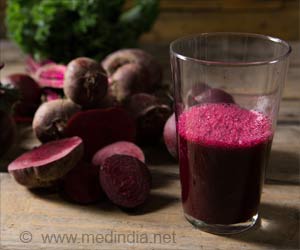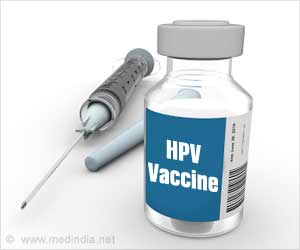Beetroot is a low-calorie, high-nutrient food. It could be an important part of a weight-loss diet regimen. Beetroot may aid in weight loss in part due to its high fibre and low-calorie content. Fibre might help you feel fuller for longer by slowing digestion. It makes it easier to stick to a low-calorie diet by reducing the need to snack between meals. Beetroot eating daily reduces body weight and body fat percentage. Supplementing with beet juice improves exercise tolerance as well. It also makes riding more efficient for persons who are overweight.
Beet juice has blood pressure-lowering effects. Beet juice drank daily in amounts of 250 millilitres, was found to lower participants’ systolic and diastolic blood pressure (1). Nitrates, which are abundant in beets and can aid in blood pressure reduction, can be ingested. This may reduce the risk of heart disease and stroke.
Improves Athletic Performance:
Certain research shows that eating nitrate improves athletic performance (2). As a result, beetroot, which is high in nitrates, may help with calorie burning and weight loss.
Advertisement
Anti-Inflammatory Veggie:
Beetroot contains betalains, which are high in antioxidants. They have anti-inflammatory effects. A meta-analysis found that antioxidant supplementation may benefit obese persons by lowering FBG, oxidative stress, and inflammation.
Reduces Cancer Risk:
The bioactive component betalain, found in beetroot juice, may have antioxidant properties. Beetroot juice may be beneficial for people with bladder, ovarian, and cervical cancer cells, according to laboratory studies on cancer cells. It may also reduce the risk of developing some cancers (3).
Diabetes Management:
High blood sugar diabetics may benefit from beetroot juice. According to a recent study, it may drop blood glucose levels significantly by increasing the insulin response (4). The probable mechanism could be caused by bioactive chemicals such as polyphenols, nitrate, and flavonoids. The polyphenol-rich beetroot juice may be responsible for the late surge in blood glucose and insulin responses after each meal.
References:
- Benjamim CJR, Porto AA, Valenti VE, Sobrinho ACDS, Garner DM, Gualano B, Bueno Júnior CR. Nitrate Derived From Beetroot Juice Lowers Blood Pressure in Patients With Arterial Hypertension: A Systematic Review and Meta-Analysis. Front Nutr. 2022 Mar 15;9:823039. doi: 10.3389/fnut.2022.823039. PMID: 35369064; PMCID: PMC8965354.
- Domínguez R, Cuenca E, Maté-Muñoz JL, García-Fernández P, Serra-Paya N, Estevan MC, Herreros PV, Garnacho-Castaño MV. Effects of Beetroot Juice Supplementation on Cardiorespiratory Endurance in Athletes. A Systematic Review. Nutrients. 2017 Jan 6;9(1):43. doi: 10.3390/nu9010043. PMID: 28067808; PMCID: PMC5295087.
- Tan ML, Hamid SBS. Beetroot as a Potential Functional Food for Cancer Chemoprevention, a Narrative Review. J Cancer Prev. 2021 Mar 30;26(1):1-17. doi: 10.15430/JCP.2021.26.1.1. PMID: 33842401; PMCID: PMC8020175.
- Aliahmadi M, Amiri F, Bahrami LS, Hosseini AF, Abiri B, Vafa M. Effects of raw red beetroot consumption on metabolic markers and cognitive function in type 2 diabetes patients. J Diabetes Metab Disord. 2021 Apr 21;20(1):673-682. doi: 10.1007/s40200-021-00798-z. PMID: 34222085; PMCID: PMC8212206.
Source: Medindia



